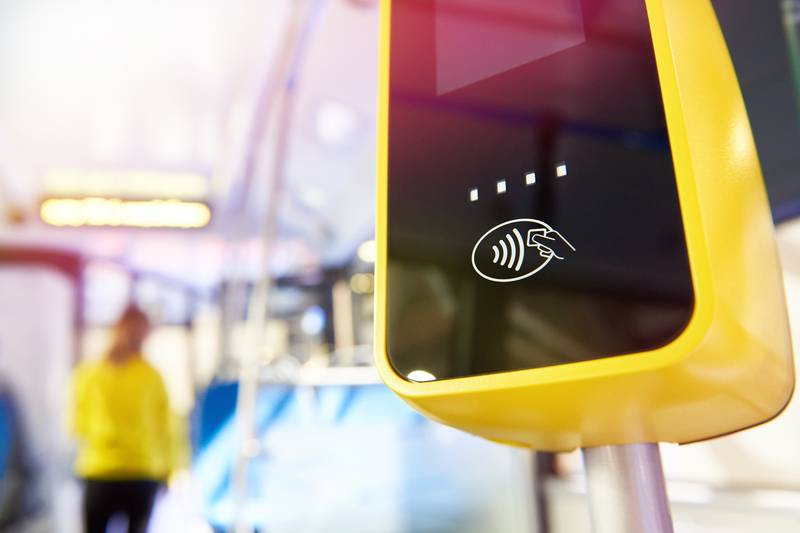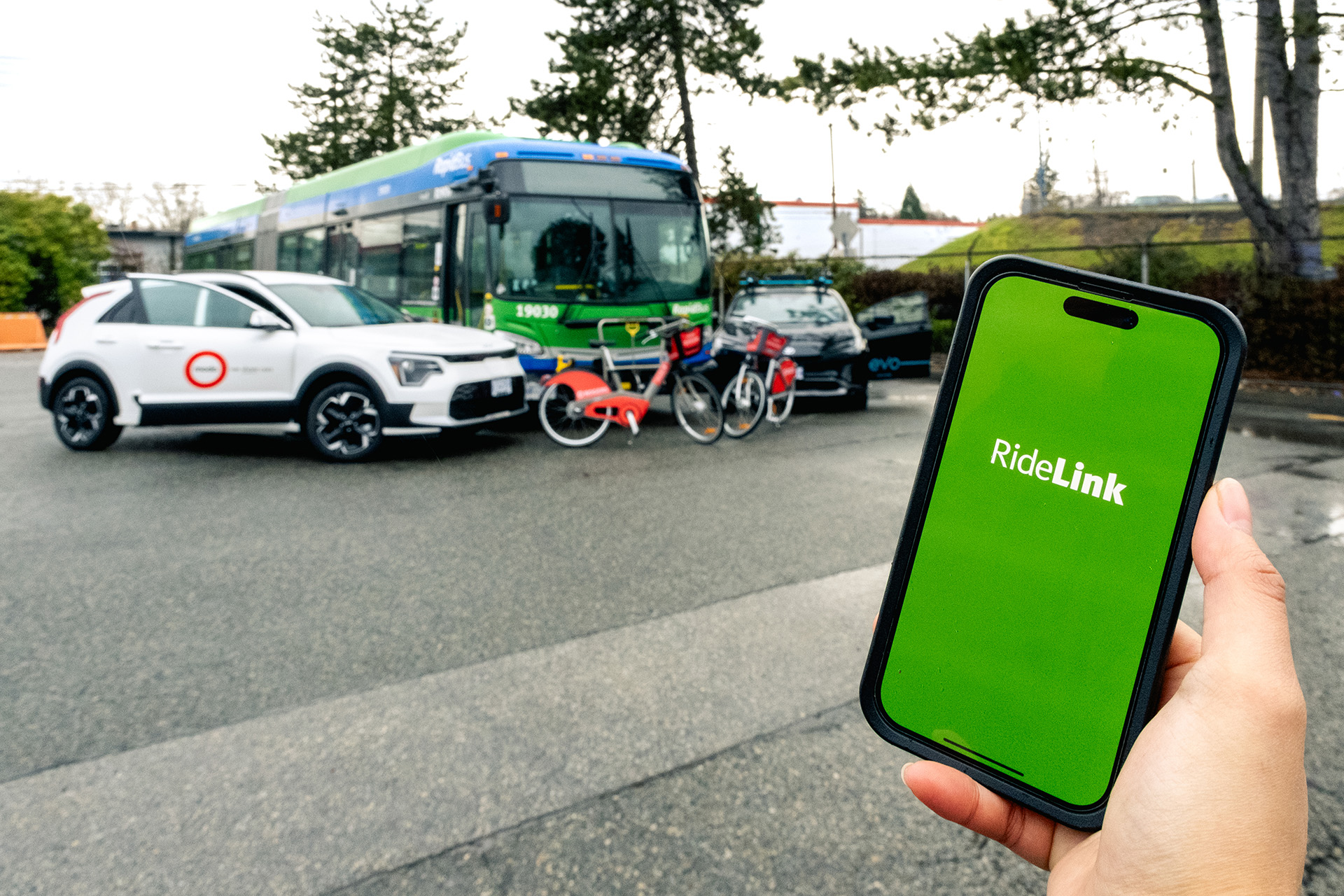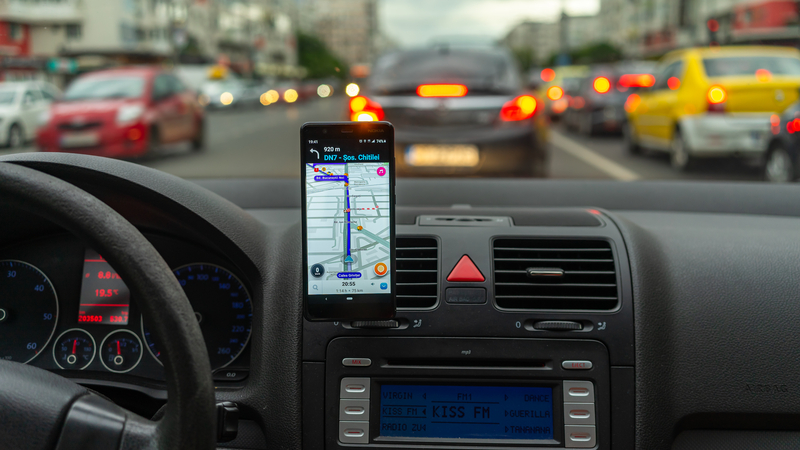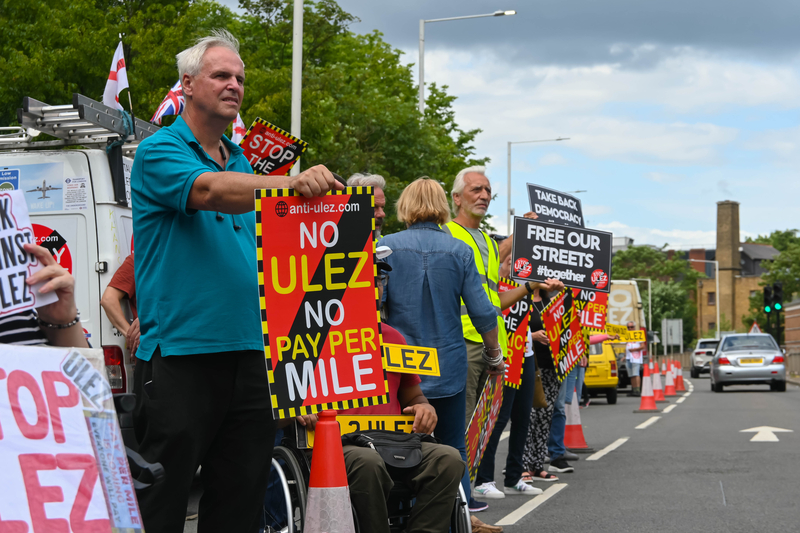
The UK government has taken its first steps to shape the future of Mobility as a Service (MaaS), with the publication of a code of practice it hopes will develop the system into a practical, widely-used tool.
The government believes MaaS has the potential to bring significant benefits and cost savings for the travelling public: “Better use of data and digital technologies can help improve the efficiency of the transport system, providing greater freedom and choice for how we travel around,” the UK Department for Transport (DfT) says. “Joining up different modes of transport can also improve the commercial viability of services and help them to reach more people.”
However, despite the attractiveness of these potential benefits, the DfT admitted – as has every authority looking at the issue - that developing MaaS is a complex undertaking.
“There are many technical and commercial challenges to overcome when designing a MaaS solution, alongside overlapping regulatory frameworks that create a challenging environment for MaaS to succeed,” it says. “In addition, MaaS is still in its infancy worldwide, with testing and trialling taking place alongside small-scale deployments.”
“The DfT wants MaaS platform providers, transport operators and local authorities to work together to offer a consistent ticketing experience”
As a result, it is an opportune time to take a voluntary, guidance-based approach through a code of practice to enable these platforms to emerge ”and mitigate any unintended consequences”. The DfT said that it favours a voluntary code of practice, rather than a stricter regulatory approach, so as not to “stifle innovation” in an emerging industry.
However, it cautioned that the code will also provide an opportunity “to gather further evidence…to understand if and where regulation might need to be brought forward in the future.”
The development has been welcomed by the ITS sector. Max Sugarman, chief executive of ITS (UK), called it "positive", adding that it provided "valuable guidelines in areas like open data, accessibility and commerciality, all of which will support MaaS providers going forward”.
He added that, with government assistance, the UK can support a more integrated, end-to-end transport system, speed up the decarbonisation and digitalisation of the transport network and deliver economic growth, investment and jobs.
Travellers can already access MaaS information via apps such as Citymapper and Google Maps, and the new guidance encourages app platform providers to consider accessibility needs when suggesting routes. These could include outlining wheelchair-accessible routes and stations and providing step-free options for all journeys.
The code also recommends that app providers consider safety when suggesting routes - for instance, allowing people to choose “main roads only” options for journeys, keeping to well-lit roads.
Users in rural areas - where internet connectivity could make accessing online journey planning difficult - are also mentioned: platforms should include offline options, such as a phone number for ordering taxis or claiming compensation for delays.
Examples of MaaS platform operators already operating in the UK include Swift in the West Midlands. Now the largest smart ticketing scheme outside London, Swift cards can be used as a ticket for train, bus or tram services, as well as car parking and season tickets. The scheme has 190,000 active smartcard holders, with 45 million journeys completed over the past 12 years.

In 2020, the DfT also awarded funding to Solent Transport as part of its Future Transport Zones programme to develop a transport app for its region. The app, Breeze, allows people on the south coast to plan, book and pay for journeys, including involving public transport, cycling, e-scooters and ferries. It also provides information about how busy services are and suggests the greenest way to travel.
“As the UK’s first multi-city MaaS app with integrated ticketing, Breeze is already proving popular across south Hampshire and the Isle of Wight with over 7,000 users inside its first 10 months of operation,” said Conrad Haigh, Solent Transport manager. “Giving customers the travel information they need and bringing clarity to travel options are critical to the continued success of Breeze.”
In setting out the terms of the code of practice, the DfT stresses that its recommendations have taken into account the views of the public, local authorities, transport operators and other private organisations.
The document is broken down into several sections…
Accessibility and inclusion
Among the recommendations, MaaS platform providers should adhere to web content accessibility guidelines, allowing visually impaired users to use the app. Wheelchair users should also be catered for through the provision of wheelchair-accessible routes and stations that they can easily use.
Enabling active and sustainable travel
In what some may see as more of a plug for sustainability rather than MaaS per se, the DfT recommends that MaaS platforms should provide users with information about the CO₂ savings that can be made by walking or cycling.
Data considerations to facilitate MaaS
Transport operators should provide a range of information, including data to assist journey planning, such as route, distance and time; timetables; payment data including ticket price; location data to help users track their progress; and ways to help users reroute themselves in the event of disruption to their planned mode of transport.
They should also include data to show how busy a passenger’s planned route is, together with accessibility data to aid the disabled and shared bike or e-scooter data, such as live vehicle location and charge data, parking locations and rental cost.
MaaS providers sharing data to help improve the efficiency of future journeys must ensure that such data is fully anonymised.
Multimodal ticketing
The DfT wants MaaS platform providers, transport operators and local authorities to work together to offer a consistent ticketing experience that provides travellers with both convenience and value for money, notably through transparent pricing structures that allows all passengers to have access to the ‘best value’ fares for their journeys. The department also wants MaaS platform providers to ensure that emerging and future technologies can be easily integrated into existing systems.
Collaboration between MaaS platform providers, transport operators and local authorities should take place at an early stage of setting up of any MaaS scheme. Ticketing schemes should also take into account concession fares for the disabled.
Consumer protection
With multimodal journeys likely to become more common in future, MaaS platform providers should make consumers aware at an early stage of the purchasing process for the various transport providers, so that they can claim compensation for delays or cancellations, or request ticket refunds if necessary. Travellers should also be made aware, through clear labelling, where a particular journey is being promoted for commercial gain. This could take the form of a distinctive ‘sponsored’ or ‘promoted’ tag on-screen.
And all organisations involved in a MaaS scheme should ensure that users’ personal data is handled in accordance with data protection legislation.
Competition
Local authorities, MaaS platform providers and transport operators should ensure that any commercial agreements that they enter into between themselves promote fair pricing, avoid exclusivity of services and encourage data sharing, to guard against any lessening of competition. To help with this, the DfT recommends that all possible public transport options and services available in the area of a chosen journey should be shown in the MaaS app.
So is this a MaaS code breaker?
At ITS (UK) Max Sugarman believes MaaS “can be a game-changer in promoting greater use of shared and public transport and encouraging the public to take low-carbon forms of transport”.
For Cubic Transportation Systems’ customer experience manager, Anna Allwright, the code “is a very real progress to frictionless travel through building confidence in public transport use by delivering meaningful engagement”.
The problems of MaaS implementation remain as challenging as ever – but the publication of the code suggests that, at least, the will in the UK is there.












